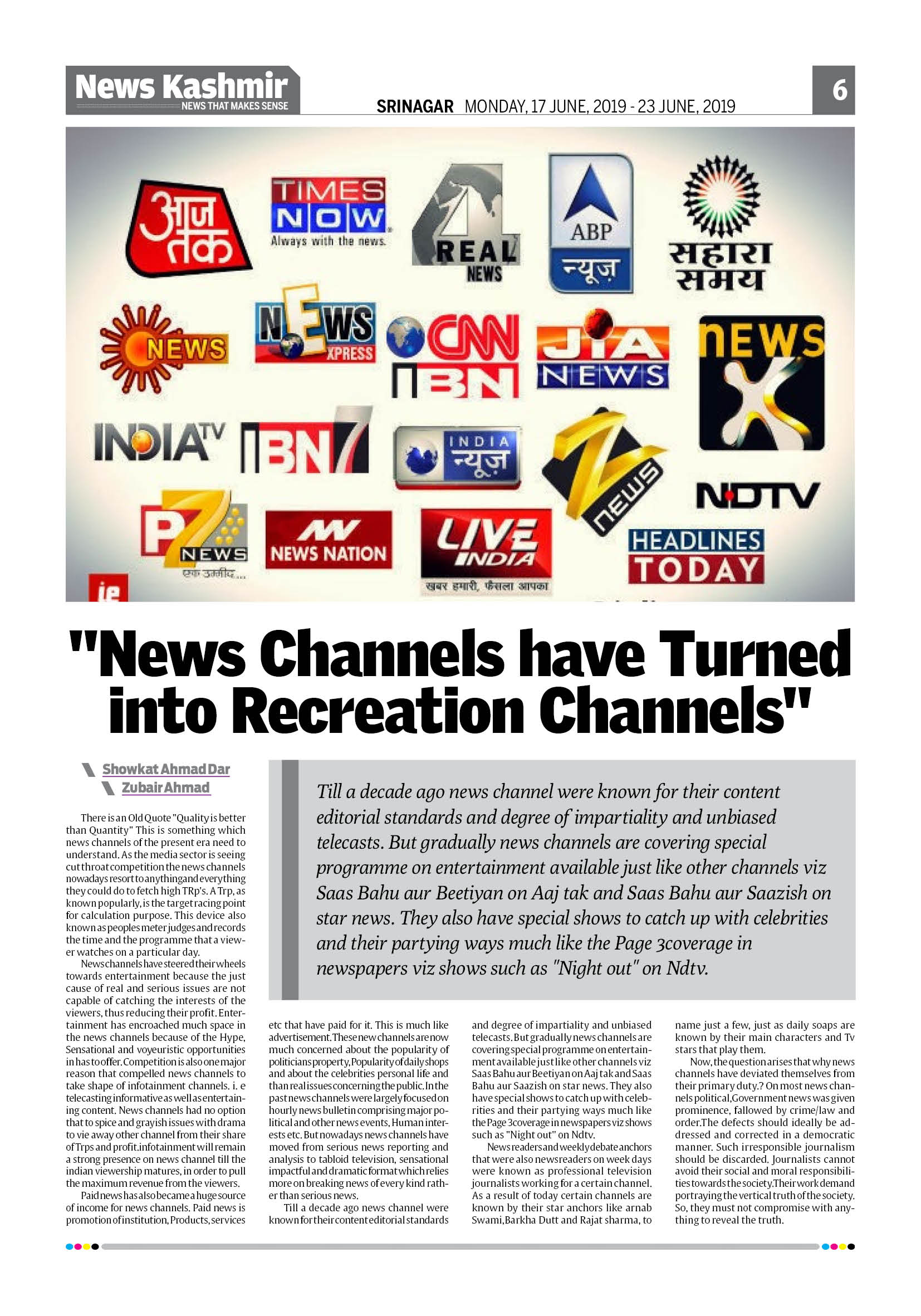Mushtaq Ul Haq Ahmad Sikander
Recently I was invited to a two day national conference (16-17 February, 2018) titled, Interdisciplinary National Conference on Economics, Banking Finance and Social Sciences(INCEBS). It was organized by KES Shroff College of Arts and Commerce, Mumbai, run by Kandivili Education society. My paper titled Muslim Women in India: From Fatwas to Feminism was selected for presentation during the two day conference. I was also a panelist in a panel discussion themed Women on the Edge. Women have been on the receiving end and very few efforts have been made to mitigate the multi dimensional problems of women. I as a male cannot claim to have an indigenous experience of being a woman and how it is to feel like a woman. Also I cannot speak about all women because they certainly are not a monolith, thus my statements cannot be generalized. Even if I speak about Muslim women in India still I cannot claim to represent them all despite the fact that they are a miniscule minority as compared to majority Hindu women, as they too are not a monolith or homogenous. There can be varied strands of women even in a small area or section of population based on caste, class, education, income and other factors. But few issues that I deliberated and were general for all included education, economy, politics, modernity and new issues related to women.
Girls are mostly discriminated when it comes to education particularly viz a viz the choice of subjects is concerned. Some subjects and later on jobs too are considered taboo for women. Further the infrastructural problems like availability of schools, washrooms in schools etc do hamper the education process among girls. Many girls drop out of schools because the schools are located at long distances, the journey to schools is full of perils or the militarization of the terrain discourages girls from attending schools. In higher education too, we find very few women and then it is very rare to find women who are present in the positions of power or administration in education sector. Also when it comes to economy, the womenfolk are the discriminated lot. Women contribute most when it comes to domestic and agricultural work particularly in South Asia but this work is unaccounted and disorganized one. Also the money the women earn is mostly snatched from them by their husbands or in laws on different pretexts. They have the least freedom when it comes to spending the amount. Further very few properties are registered in the names of women. In many cases working women are preferred as brides because they serve two purposes one that they bring income to home while on other hand they are supposed to accomplish all the domestic chores. So in a way economic independence has not let the women become empowered entities.
The discourse that increase in number of women in decision making particularly politics will help improve the lot of womenfolk is flawed one as the experience has proved that women have done little for their compatriots even when they are elevated to the positions of power. We have experienced in the past and also in present that women including Indira Gandhi, Benazir Bhutto, Khaleda Zia and Sheikh Hasina have held the reins of power in different countries of South Asia but that has not helped in any way to improve or empower the masses of women. We need gender just men and women, who can formulate gender just policies, instead of including women who are patriarchal and misogynist in their outlook and worldview as that will not help in anyway. Although we have less number of women participation in grassroot institutions. The increase in their number either on merit or reservation will help only when the women are inculcated with gender just values, only then the policies will favor the women. The women’s commission and other legislative measures have not helped improve the conditions of women. Also most women and gender rights activists belong to the elite sections of society who are quite disconnected with the grassroots, hence most of them fail to understand the problems of common women. This phenomenon of elites and creamy layer is again repeated as far as the reservations are concerned.
Another problem with the women of Third World or Global South is that they are caught between the dichotomy of tradition and modernity. This problem is witnessed even among the women who profess feminism. The traditional role of a lady and liberalism that feminism offers has left them in a predicament. The feminism as practiced in first world countries is quite different than the lived experiences of women existing and surviving in the third world. Plus feminism cannot be replicated in toto everywhere as the socio-economic-educational and cultural contexts are variegated. The dichotomy between tradition and modernity can be witnessed in this fact, that most feminist women want their partners, boyfriends and husbands play a traditional patriarchal role where they should pamper, exaggerate, show them green pastures and also take care of their needs whether it is paying off their bills, shouldering responsibilities and establishing a comfort zone where they can feel safe and secure. For this traditional outlook, men expect obedience and subservience but half baked feminist women are not ready for that. Hence the clashes initiate that result in estrangement, separation and even divorces. It sends a wrong message that feminist women are not good marriage material or make nice home makers. This problem needs to be overcome as feminist women need to be empowered in real sense rather than making a halo and wearing the tag of feminism on the sleeve in order to stand out in the crowd.
Gender Justice and feminism does not encompass the fact that men and women stand as antagonistic to each other but it empowers each to be the compatriots and complementary towards each other. Men and women complete each other and that value should be of outmost importance when it comes to the gender relations. Further none needs to prove that they stand better than the other one because the fight against patriarchy needs to be fought by both men and women together. The antonym of patriarchy is matriarchy that again needs to be resisted as justice is traversed there also.
Real gender justice comes through a continuous deep study, lived realities and years of accumulated experience that inculcates in one the values of justice, compassion, mercy, and fellow feeling. If these values are absent then one needs to have a look at the doctrine and stand of his/her feminism.
M.H.A.Sikander is Writer-Activist based in Srinagar, Kashmir and can be reached at sikandarmushtaq@gmail.com



